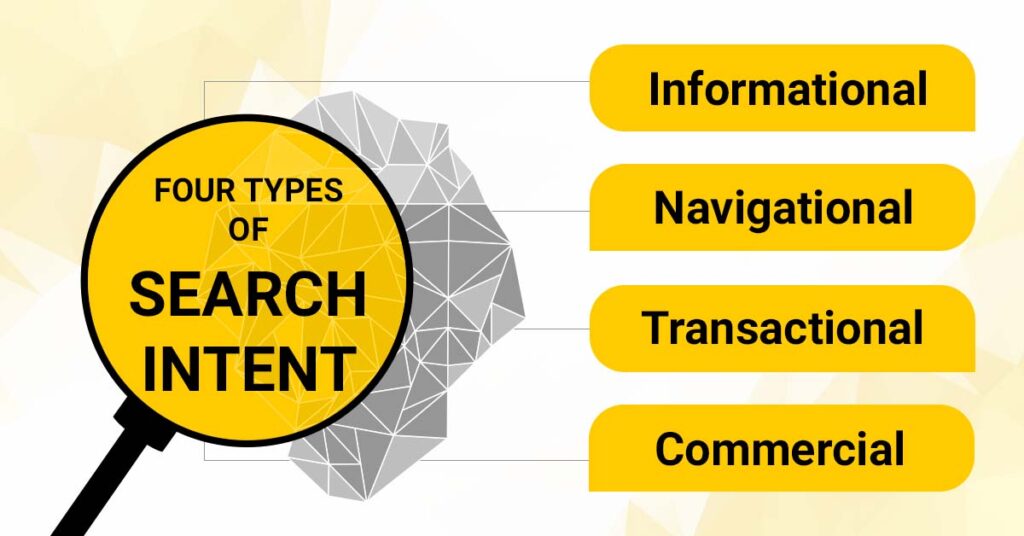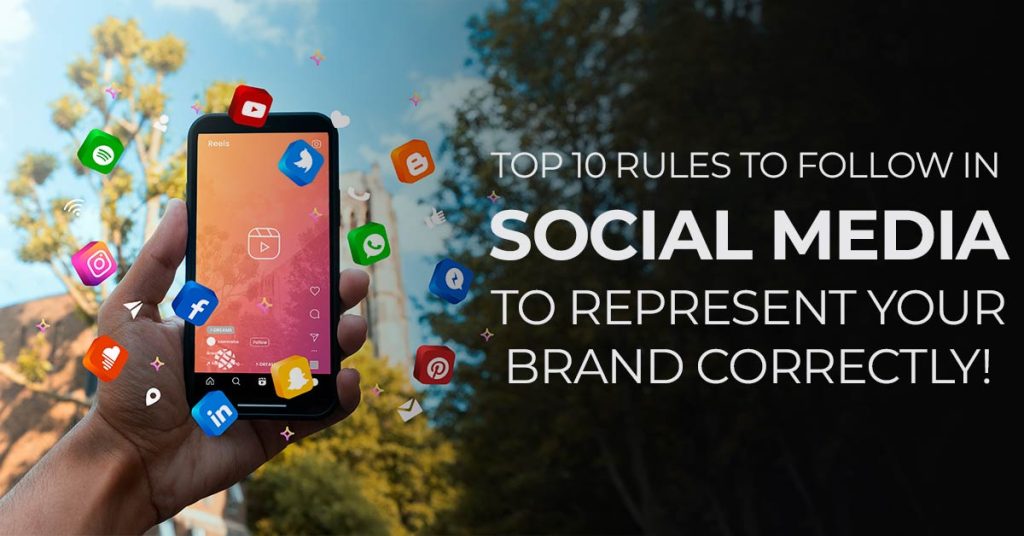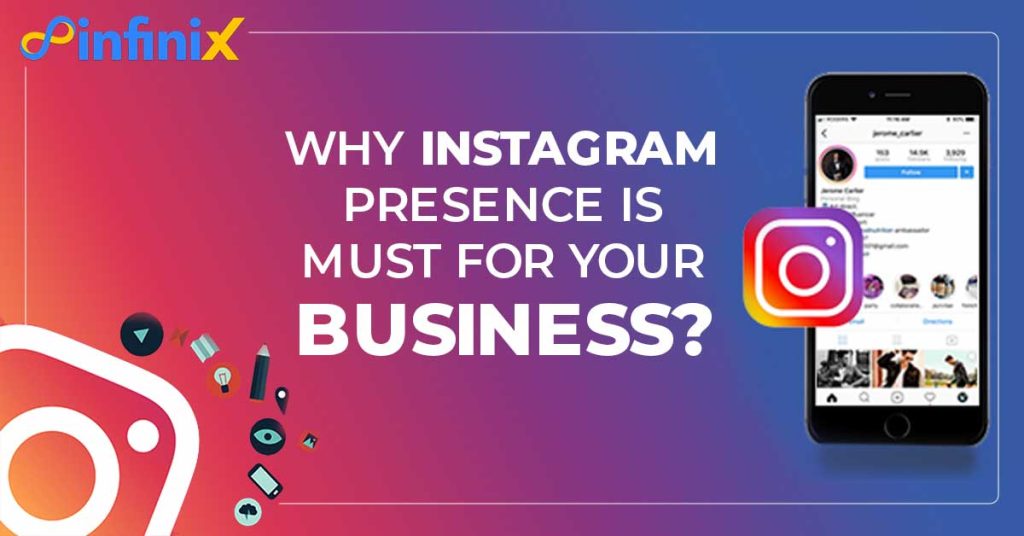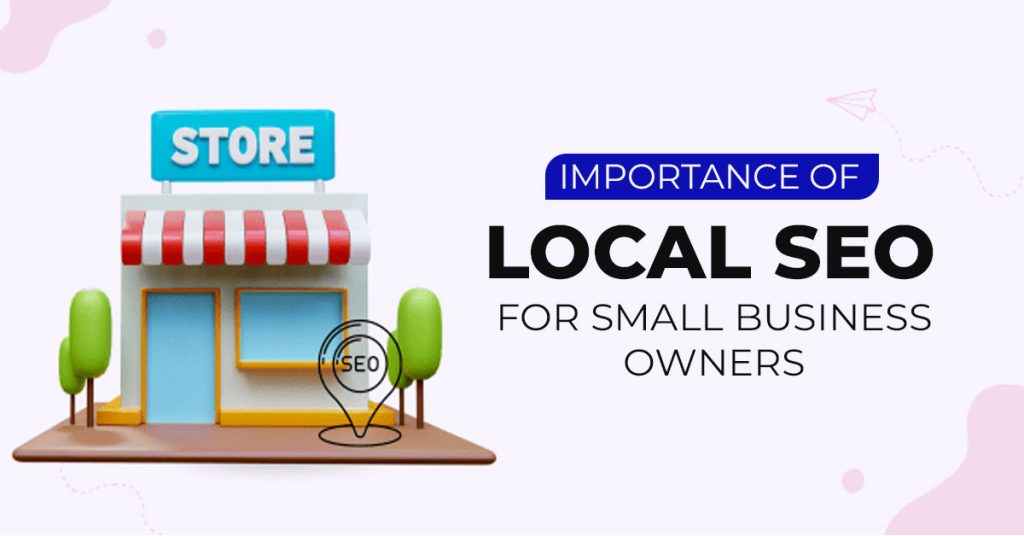Sprinkling keywords all over the content is no longer SEO. Rather, the ranking and organic traffic are earned through knowledge of search intent and creating useful content in the best interest of users’ specific needs. From there, search intent, also known as user intent, refers to the intent behind a search query,for example, users who may be looking to gather information, make a purchase, or find a particular website. Making sure your content aligns with search intent is the best way to ensure it relates with both users and search engines. Infinix360, the best digital marketing company in Chennai, a leader in creating intent focused strategies, can be your ideal partner in achieving this.
Understanding Search Intent
Search intent can be broadly classified into four types, that is informational, navigational, transactional, and commercial.

Understanding these types helps in creating content that satisfies the specific needs of your target audience. Informational intent is where users are trying to gain knowledge, be it “how to fix a leaky faucet.” Navigational intent relates to users looking for a specific website or page, be it “Facebook login.” Transactional intent is when users are ready to buy, be it “buy running shoes online,” and commercial intent lies in between informational and transactional, where the users might research options before making the final decision, like “best smartphones in 2024.
It is indicated by a study conducted by Backlinko that the top result on Google for any search query receives around 31.7% of all clicks, and therefore, it is highly imperative to serve up content that matches the real intent of the users. If your content addresses their search intent, it is going to rank higher and bring meaningful traffic.
Keyword Research For Search Intent
The starting point for matching the content with the search intent involves effective keyword research. This means understanding what people are looking for and what their intent is behind the query. Tools such as Google Keyword Planner, SEMrush, and Ahrefs are crucial to uncovering search volume and keyword difficulty, but more importantly, they help analyze intent. Look for keywords that match the different types of search intent—that is whether they’re looking for answers, products, or specific services. With our SEO company in Chennai, you can rely on expert analysis and tailored keyword strategies to make your content stand out and rank higher.
Content Structure And Format
However, once you’ve figured out the search intent, structuring your content in this manner is significant. You could have a number of more in-depth blog posts, guides, or tutorials that would provide valuable and comprehensive answers to informational queries. For transactional queries, you should focus on product descriptions, comparisons, or reviews that will help users decide upon buying. If your topic entails commercial search intent, then consider creating content which should focus on particular features, the benefits of products or services, compelling reasons to take action, and so on.
Rich media such as videos, infographics, or images can meet user intent as well. In a report by Content Marketing Institute, it was found that content with relevant images garnered 94% more views compared to the same content without the images. When visual explanations are sought, users will appreciate the addition and improve the user experience and increase engagement. We ensure your content is well-organized, easy to navigate, and mobile-friendly in order to best provide for the user.
The Role Of User Experience (Ux) In Search Intent
Search engines such as Google place much emphasis on user experience signals. Bounce rate, average time spent on a given page, and click-through rate, for instance, tell Google whether your content has any value and is relevant to users. Therefore, it’s not about using the appropriate keywords; it’s an experience for people coming to visit.
Your website should load quickly, be easy to read, and have clear calls to action. Google has also announced Core Web Vitals, which will affect page ranking. Improving user experience will make a huge difference in your SEO performance.
To Improve Your SEO About Search Intentfulness End
Aligning content to search intent directly affects your SEO success. By providing what users are searching for, you can improve their experience, increase engagement, and most importantly, increase your rankings. According to HubSpot, a survey revealed that 55% of marketers say their top SEO goal is to improve organic traffic. But nothing comes true without this knowledge about understanding users’ intent and providing them with the right type of content.
For instance, suppose your target audience is searching for “how to bake a chocolate cake,” so the content is to be delivered as a recipe, tips, and maybe video tutorials. And when targeting the keyword “buy chocolate cake online,” your content needs to focus on the product pages with descriptions in detail along with easy navigation to the checkout process.
Including search intent in your SEO strategy will also protect you against the mistake many people make when focusing only on keyword optimization, leading to irrelevant content that doesn’t solve user needs. Customizing your content to meet search intent basically means you are giving your audience exactly what they are looking for, both a ranking booster and a strengthening of your brand’s credibility and authority in your niche.
Aligning your content with search intent is a robust strategy that helps rank higher, drives more relevant traffic, and builds better user engagement. As search engines become smarter, they are emphasizing content that genuinely satisfies user queries. You, too, can create content that says just what your users want to hear by understanding the four types of search intent. With the right keyword research, content structure, and focus on user experience, you’ll be well on your way to SEO success. Remember, a well-aligned content with search intent not only improves rankings but also evokes trust and loyalty among the audience. It is very much a part of any successful SEO strategy.




